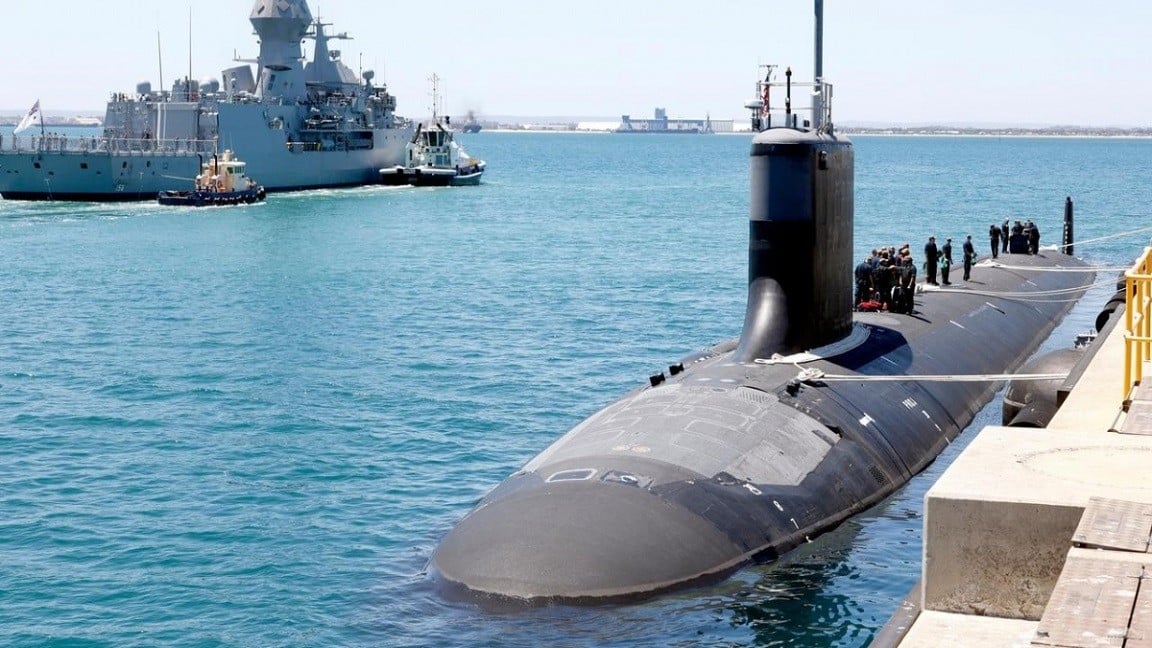On June 11, US National Security Council spokesman John Kirby said that the security agreement between the three countries of Australia, the UK and the US (AUKUS) currently has no plans to re-evaluate to invite Canada to join the cooperation.
 |
| The trilateral agreement between the US, UK and Australia (AUKUS) has no intention of cooperating with a fourth country at the present time. Illustrative photo. (Source: The Australia) |
According to information from CTV News on June 11, Mr. Kirby said that people have a wrong perspective when considering AUKUS as an alliance, while it is simply "an agreement to help Australia develop special military capabilities".
“We are focused on ensuring Australia has nuclear submarines. That is the focus and there are no discussions or plans to amend the AUKUS agreement in the future,” the spokesperson stressed.
According to Mr. Kirby, the future development of the Indo- Pacific situation is difficult to predict and Canada is a major power that plays an important role in resolving challenges in the region. However, the "admission" of Canada to AUKUS is not yet a discussion.
After AUKUS was established, Prime Minister Justin Trudeau once affirmed that Canada had no plans to own nuclear submarines. However, Canadian Defense Minister Anita Anand recently said that the government of this country wants to cooperate with AUKUS members on issues such as quantum computing and artificial intelligence.
Former Canadian National Security Adviser Vincent Rigby told CTV News that Kirby's comments were "surprising" because according to some sources, both Canada and New Zealand are interested in joining the "second (non-nuclear) pillar" of AUKUS, which focuses on other areas such as cyber and technology.
In addition, Mr. Rigby is also concerned about Canada's lack of participation in the AUKUS agreement.
“If the US closes all doors to Canada’s future AUKUS membership, Ottawa will continue to be excluded from the major partnership among the Five Eyes Allies and will not have access to advanced defense technology,” he said, adding that this would be a “heavy blow” to Canada.
Source


























![[Photo] National Assembly Chairman attends the seminar "Building and operating an international financial center and recommendations for Vietnam"](https://vphoto.vietnam.vn/thumb/1200x675/vietnam/resource/IMAGE/2025/7/28/76393436936e457db31ec84433289f72)










































































Comment (0)